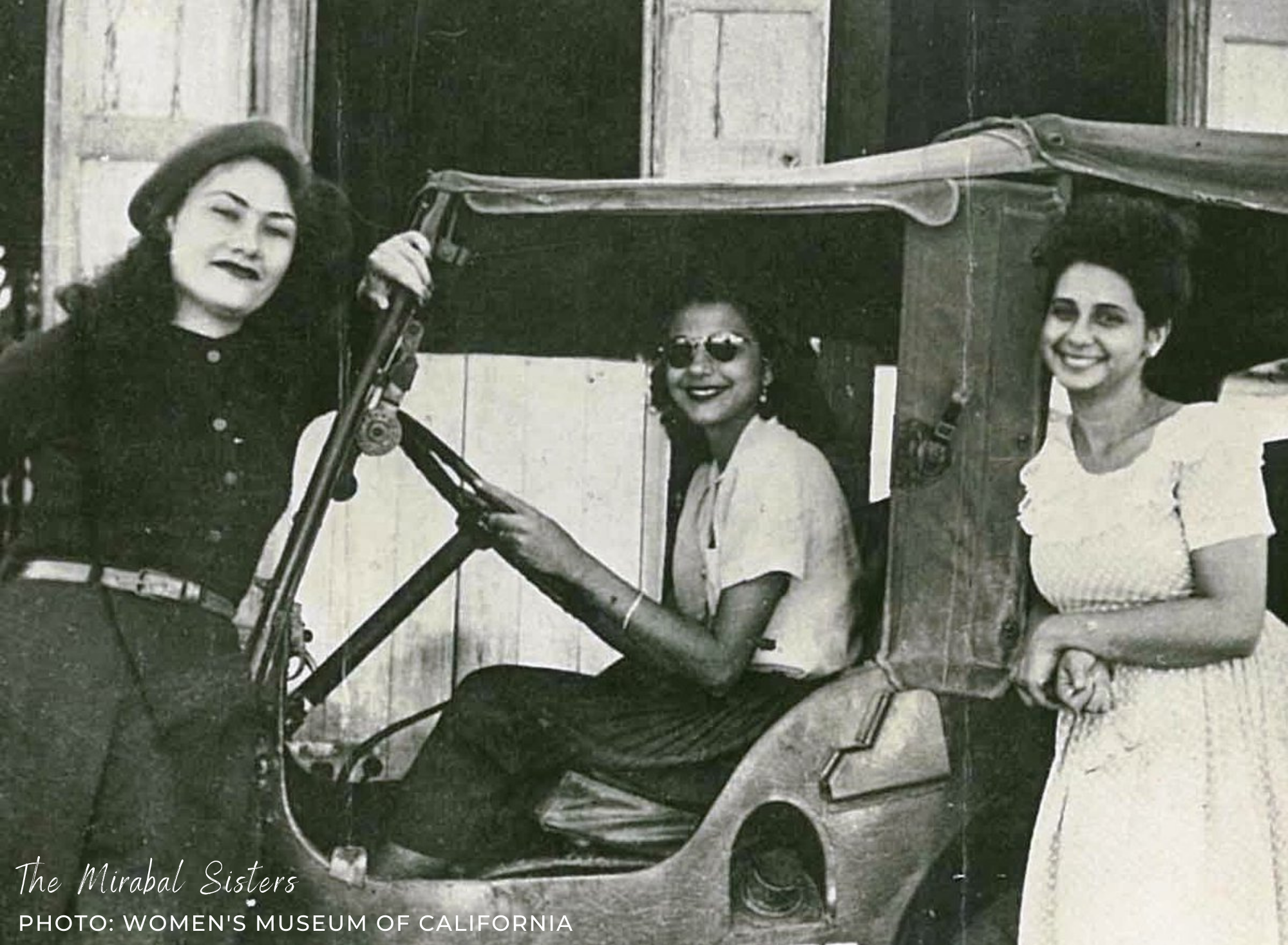Last weekend, I set aside an article from The Globe and Mail entitled “A Word to the Wise”. Its headline intrigued me and while I didn’t have time to read it then, I am glad I came back to it.
The article, by Jonathan Rauch discusses a book called The Happiness Curve: Why Life Gets Better After 50. For those of us who have reached life after 50, it is good to have a sense that things are always getting better; however, I was intrigued to find out what things contributed to this enhancement, and whether there might be things for us, as a school, to consider for our girls.
I believe that life’s experiences contribute to much of our learning and growth; with experience comes wisdom. As Rauch writes, “Parents and teachers urge children to strive to be happy, successful, fulfilled and more, but how often is a child urged to aspire to wisdom?”
We certainly want our girls to be happy and fulfilled. Who wouldn’t? However, “urging children to aspire wisdom” requires them- with support and guidance- to abandon familiarity and comfort and to embrace complexity.
According to Dr. Jilip Jeste, an expert on aging and happiness, there are a number of common traits described when considering wisdom, including:
- Compassion and prosocial attitudes that reflect concern for the common good
- Pragmatic knowledge of life and its use by individuals to resolve personal and social problems
- An ability to cope with ambiguity and uncertainty and multiple points of view
- Emotional stability and mastery of one’s feelings;
- Dispassionate self-understanding
What strikes me most is that while all of these components may be more present with age, it behooves us- both as a school and as parents- to ensure that we are providing opportunities for our girls to learn and grow in the abovementioned areas. While the message about the importance of failure is certainly more prevalent these days, the notion of standing back, guiding and encouraging our girls to pause and consider both sides of situations, and wade into complexity with good faith, still needs attention.
We want our girls to leave us as outstanding women who are intellectually curious, courageous and compassionate. This can only be done as a result of numerous learning situations that challenge them and require them to consider the common good, multiple points of view, and self-understanding.

